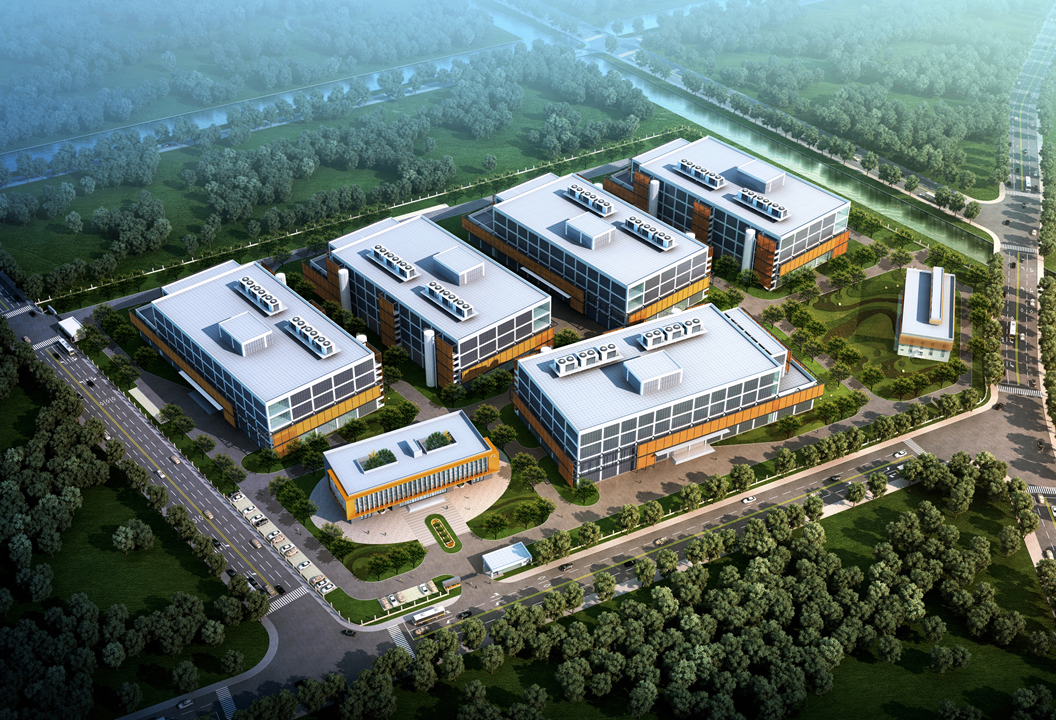Alibaba Cloud's Data Center Layout Unfolded in Vietnam
Alibaba Cloud will build a data center in Vietnam to comply with legal requirements for local data storage, and will lease server space from Vietnamese state-owned partners at the same time.
Recently, Alibaba Cloud is considering establishing a data center in Vietnam to comply with local data storage regulations and address the growing demand for data in the Southeast Asian market.
In recent years, Vietnam's economy has been steadily growing, and internet penetration rates have been rapidly increasing. In this context, Alibaba aims to strengthen its business development in this region by leveraging a data center. Additionally, the proactive promotion of digital transformation by the Vietnamese government has created favorable conditions for deeper cooperation between them.
Broadly, the Southeast Asian market has become a "must-win" battleground for global internet companies. Alibaba's plan to establish a data center in Vietnam is expected to significantly enhance its market competitiveness and global corporate position.

It is reported that Alibaba Cloud has conducted preliminary discussions with the Vietnamese government and hopes to initiate the project as soon as possible. However, specific investment amounts, construction schedules, and other details have not been disclosed at present. Moreover, the construction and operation of data centers require substantial financial investment and adherence to strict technical standards. Alibaba needs to thoroughly assess risks and formulate detailed plans to ensure the smooth progress of the project.
In 2022, the Vietnamese government announced the formal implementation of data localization laws, requiring companies operating in Vietnam to store user data locally. Companies such as Google and Amazon had vigorously opposed this policy, but it was eventually passed at the end of the year.
The law stipulates that international companies operating in Vietnam (providing telecommunications services, storing and sharing online data, and conducting internet transactions) must store relevant data of Vietnamese users in Vietnam and establish offices locally. Data must be stored for at least 24 months, and system logs for criminal investigations must be stored for at least 12 months. Enterprises must fulfill data storage requirements requested by the Ministry of Public Security within 12 months and establish offices locally.
Currently, Alibaba Cloud is hosting customer data locally by leasing computing server space from Vietnamese state-owned telecommunications companies Viettel and VNPT. Additionally, the company backs up data in its own server farms in Indonesia, Singapore, and other locations according to customer requirements.
Data shows that Alibaba has 14 cloud regions and 56 availability zones in mainland China, and operates 16 cloud regions with 33 availability zones outside mainland China. In the Asia-Pacific region, the company's cloud regions include three availability zones in Jakarta, Indonesia, three in Tokyo, Japan, and an additional three in Singapore, where data is backed up in server facilities in these regions.
Dang Minh Tam, Head of Solutions Architecture at Alibaba Cloud, pointed out, "Vietnam is an extremely promising market with significant growth potential." This move is part of Alibaba's strategy to ensure the security and control of company data and minimize costs and liabilities associated with multi-company data management.

The establishment of data centers brings along environmental and energy issues. According to reports, local operators such as Viettel and VNPT (clients of Microsoft and Alibaba, among others) have been demanding improvements in ESG aspects.
Nguyen Dinh Tuan, Technical Manager at Viettel, said, "We must prepare for the next wave of prosperity for data centers, and sustainability is a key aspect." The company currently lacks technology to track and optimize water resource usage and cannot support extensive use of renewable energy. However, Viettel plans to use 30% renewable energy by 2030.
Viettel predicts that the data center market in Southeast Asia will expand at a rate of 15% annually in the coming years, and with investments from large cloud companies like Alibaba, this growth could be even faster.
·Original
Disclaimer: The views in this article are from the original Creator and do not represent the views or position of Hawk Insight. The content of the article is for reference, communication and learning only, and does not constitute investment advice. If it involves copyright issues, please contact us for deletion.